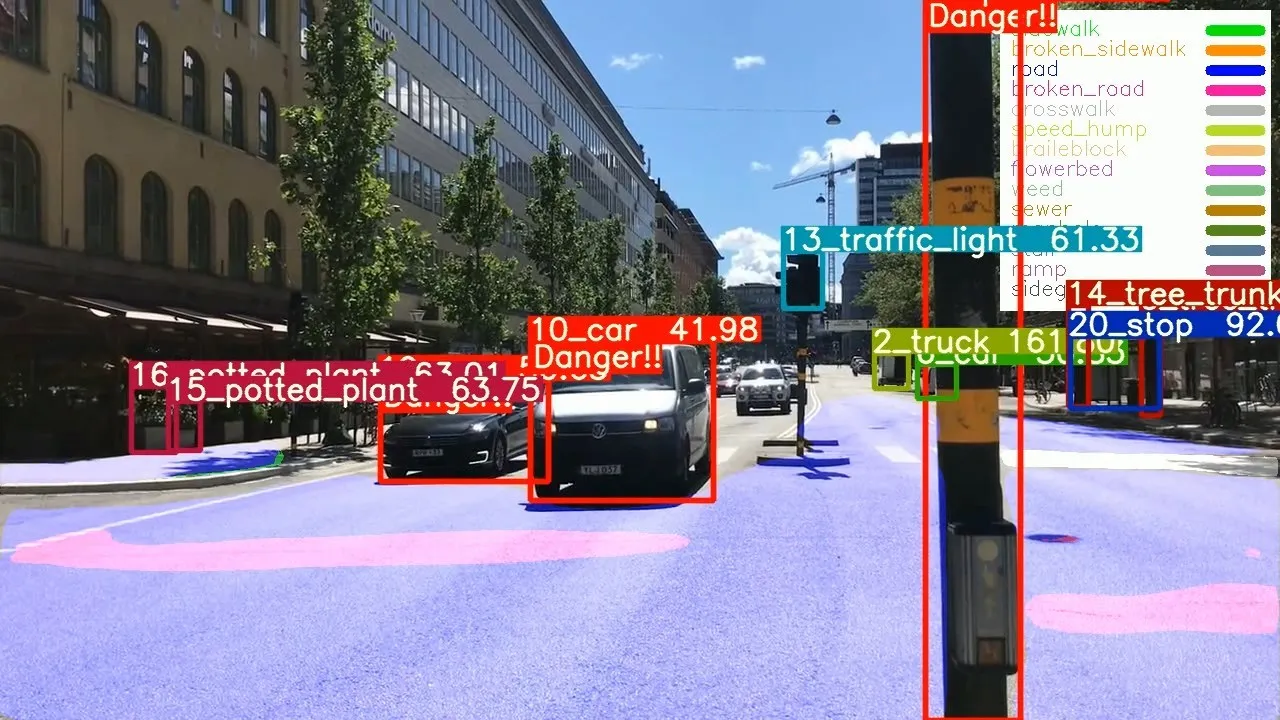
Korean company BlueSignal is working with Thai government agencies on congestion in the country's capital Bangkok.
BlueSignal, part of the Born2Global Centre for leveraging Korea's start-ups, will supply its AI-based Navi Box CCTV technology, which shows multi-speed calculations of cars and object tracking through multiple angle views from a single camera.
Kaist GCC (Kaist Global Technology Commercialization Center) acted as a liaison between BlueSignal and Thailand's government and private companies on Bangkok's Smart City project.
BlueSignal expects to generate $770,000 annually from the project.
Its traffic prediction technology is based on two types of traffic data analysis: calculating traffic congestion by predicting traffic speed or traffic volume through data analysis related to speed; and predicting various risk situations through video analysis technology.
BlueSignal signed a contract earlier this year with New Zealand-based Spotlight to supply video analysis based automated traffic information gathering technology for several projects.
It has also collaborated with Hamburg City Hall in Germany and Kaist GCC last year, to provide a solution that generates forecast information to be delivered to the signal control system, by analysing local traffic big data.
The company has also been involved in multiple projects in Korea: in October it was awarded a $2.8m project from the National Disaster Management Research Institute, to develop an optimal traffic simulation system for safe evacuation in case of a disaster.
In 2023, it plans to work with Daejeon City and the National Fire Agency.
"After our successful venture in Germany last year, we have signed collaboration agreements with Thailand and New Zealand this year," said Jason Baik, CEO of BlueSignal.
"We are also currently engaged in discussions with various government agencies and companies from countries such as Australia, Singapore, UAE (Dubai) and Poland, regarding our solutions and products, so we anticipate more results to come soon."









